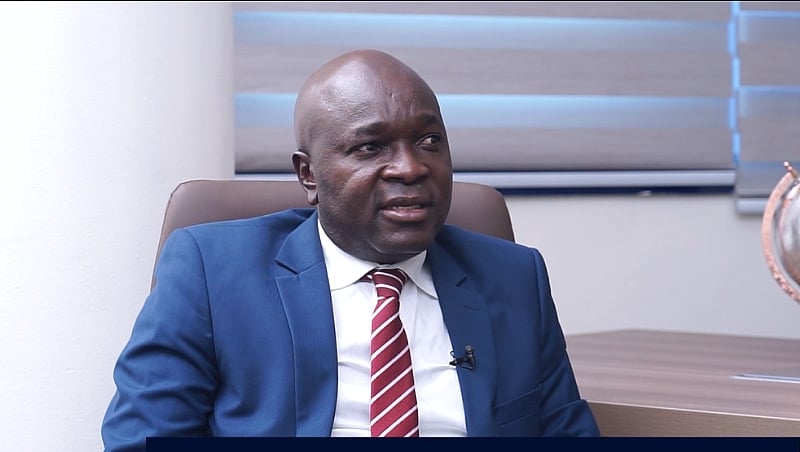The case of Alhaji Seidu Agongo and Dr. Stephen Opuni, former CEO of Ghana Cocoa Board (COCOBOD), highlights the complexities and challenges inherent in legal proceedings, particularly those involving high-profile individuals and allegations of financial impropriety. The two men faced a litany of charges, including defrauding by false pretenses, causing financial loss to the state, money laundering, and corruption, all stemming from the alleged procurement and distribution of substandard fertilizers to cocoa farmers. Agongo’s account of his two-day detention at the Economic and Organised Crime Office (EOCO) sheds light on the personal toll such investigations can take, alleging that the detention was a tactic to coerce a confession. The eventual withdrawal of all charges by the Attorney-General raises significant questions about the strength of the initial case and the overall handling of the investigation.
The core of the accusations revolved around the quality of the fertilizers supplied to COCOBOD under Agongo’s company’s contract. The prosecution’s case likely hinged on demonstrating that the fertilizers were indeed substandard, that this substandard quality resulted in demonstrable financial losses for COCOBOD and the state, and that both Agongo and Opuni were knowingly complicit in this scheme. The allegations suggested a breach of public trust and a misuse of public funds, issues that carry significant weight in any democratic society. The complexity of such cases often lies in proving intent and establishing a clear causal link between the alleged actions and the resulting financial losses. Scientific analysis of the fertilizers, expert testimony on agricultural practices, and financial audits would have been key components of the prosecution’s efforts to establish their case.
Agongo’s experience during his detention at EOCO underscores the potential for coercive tactics in such investigations. His claim of being held for two days in an attempt to elicit a confession raises concerns about due process and the rights of individuals accused of crimes. While law enforcement agencies have a responsibility to thoroughly investigate alleged wrongdoing, their methods must adhere to legal and ethical standards. The right to remain silent, the right to legal representation, and the presumption of innocence are fundamental principles that must be upheld throughout the investigative and judicial process. Agongo’s account suggests that the pressure exerted during his detention may have crossed the line into coercive interrogation tactics, potentially jeopardizing the integrity of the investigation itself.
The Attorney-General’s decision to withdraw all charges after four years of legal proceedings raises questions about the strength of the prosecution’s case. Such a decision can stem from various factors, including insufficient evidence, procedural errors, witness credibility issues, or changes in legal interpretation. In complex cases like this, where scientific and financial data play a crucial role, the prosecution must meticulously build a case that can withstand rigorous scrutiny. The withdrawal of charges suggests that, at some point during the proceedings, the prosecution’s case weakened to the point where a successful conviction was deemed unlikely. This could be attributed to flaws in the initial investigation, challenges in gathering and presenting evidence, or changes in the legal landscape surrounding the case.
The protracted nature of the trial, spanning four years, highlights the challenges of navigating complex legal proceedings. Such lengthy trials can have significant financial and emotional repercussions for all parties involved. The legal fees, the time commitment, and the public scrutiny can take a toll on the defendants, their families, and even the prosecution team. Furthermore, the prolonged uncertainty surrounding the outcome can erode public trust in the judicial system. The Opuni-Agongo case serves as a reminder of the need for efficient and timely resolution of legal matters, while ensuring that due process and the rights of all parties are respected.
The withdrawal of charges against Opuni and Agongo, while bringing an end to their legal ordeal, leaves several unanswered questions. The public remains unaware of the specific reasons behind the Attorney-General’s decision, leaving room for speculation and potentially undermining public confidence in the accountability mechanisms for public officials. Transparency and clear communication from the Attorney-General’s office are crucial in such high-profile cases to ensure public understanding and maintain trust in the judicial system. While the legal proceedings have concluded, the larger issues of ensuring accountability and preventing financial malfeasance in public institutions remain. Strengthening oversight mechanisms, promoting transparency in procurement processes, and fostering a culture of ethical conduct are essential steps in mitigating the risks of similar incidents occurring in the future.


